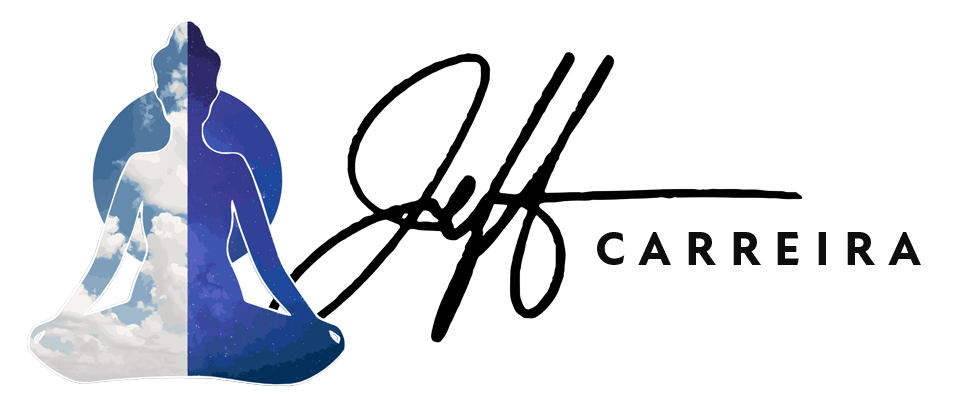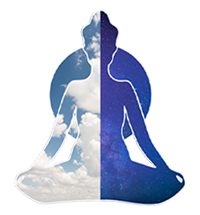
A paradigm is a set of assumptions that shape how we experience reality. We live inside these assumptions and experience reality only in the way they allow. One of the most foundational assumptions that we currently live in, is the belief that we are an isolated conscious physical entity.
We assume that we are a thing defined by our physical body and consciously aware of the world around us. We imagine that we were born on our birthday into a universe of time and space that existed before our arrival.
Take a moment to pay attention to your experience right now. Don’t you experience yourself to be an entity defined by your body and existing in the space of a room that exists in the larger space of a universe? Don’t you also experience yourself as existing in a flow of time in which some things have already happened and can’t be changed and other things will happen that can’t be predicted? And finally don’t you assume the reason you experience yourself this way is because this is the way it is?
A paradigm is an interpretive framework that shapes our reality by training us to interpret our experience in particular ways. The current paradigm has trained you to interpret yourself to be a thing that exists in time and space. The illusion becomes complete when you become convinced that the fact that you experience yourself that way is proof that you are that way.
In order to find your way out of your current interpretation of yourself all you need is an equally plausible alternative. Not a better alternative. We don’t want to shift from one assumed belief about reality to another. We want to find an alternative belief that is as plausible as our current one so that we will be thrust into the uncertainty of not knowing how to determine which of them is true.
In this space of not knowing, that I sometimes call ‘betweenness’, the grip of the current paradigm releases and we find ourselves free floating in a magical space between interpretations. At this point we don’t know how to interpret our experience and we become profoundly open and receptive to new possibilities. I call this a wormhole inquiry because it places us at the edge of the current paradigm so that we might fall into the experience of a new one.
In terms of our discussion of our sense of self, all we need now is an equally plausible theory to the one that tells us we are a thinking thing. As we already established, we have been trained to experience ourselves as a skin-encased being that experiences thoughts and feelings that are produced using its brain. In addition, the miraculous living machine that we are is believed to have been born into a universe of time and space that was already here waiting for our arrival. Take another moment to notice again how you do in fact experience yourself this way.
What if this isn’t true? What if you are more like an intelligent energy that is dispersed equally through the entire universe? What if everything you currently experience as reality is more like a movie projection? It all seems real, but it’s ultimately only a projection?
From inside our current paradigm this sounds improbably, and maybe even impossibly, speculative. After all we could make up anything. The fact is though that many Eastern spiritual traditions believe something very much like this. And even in our Western intellectual heritage this is exactly the way Plato described reality in his famous Cave Allegory. And the idea of the Christian soul, which was central to the dominant paradigm throughout Europe until only a few hundred years ago, leads us closer to this view of ourselves than our current scientific one does.
So let’s take a moment for a wormhole inquiry. You can start by looking around you right now. What do you see? I see a table and a coffee cup. I pick up the coffee cup and feel the warmth of the ceramic on my skin. I put it down and hear the bang of the cup against the wood of the table.
We’ve been trained to see a world full of separate things. I’ve just mentioned three of them, a cup, a table and me. Of these three I have the distinction of being conscious which means that I experience the cup and the table, but they don’t experience me. I feel the heat from the coffee on the outer edge of the cup and I feel fully justified to assume the cup isn’t being hurt. I know what the table looks like but the table has no idea that I’m here.
If I look at everything the way I’ve been trained to see it then it all seems simple and obvious. I am a conscious being who is experiencing and manipulating a cup that sits on a table. The cup, the table and I exist independent of each other. If I walk away the table and cup will sit here until I come back. I am the living being in this scenario and the cup and the table are inanimate objects. This is exactly the way we are taught to experience things and as long as we do we can move smoothly through the current paradigm without much trouble.
Let’s look again. Do you really see a table and a cup? Look at the cup closely. How do you know what you're seeing is a cup? How do you know it isn’t part of the table it sits on? How do you know it's a three dimensional object that you can lift up? Wouldn't you be surprised if you tried and it wouldn't budge? If you look closely you will see that your perception of the cup is interpreted and constructed based on a host of ideas you have about what a cup is.
Let’s keep looking. If I pick up the cup, how do I know that I am picking up a cup that is separate from me? We of course would say that's obvious. I just do it and that's what happens. I reach out my hand, clasp my fingers around the handle and use the muscles of my arm to lift it off the table. I don’t have to prove that because it's obvious.
But questioning the obvious is exactly what we must do if we want to invoke a paradigm shift. So let’s look past the obvious together.
We need to look more deeply than the experience of picking up a cup because that experience is already laden with interpretation. Keep looking. If you pick up the cup slowly and really look at the raw uninterpreted data from your senses what do you experience then?
I feel sensations that I assume are the muscles of my arm, hand and fingers. I also see a collection of colors and shapes that I put together into a picture of a cup and a table. In the end what I actually experience is a collection of feelings, colors and shapes that I use to construct an experience of me picking up a cup from a table.
So in fact it starts to look like even this little scene playing out in front of me is more a projection than a reality. This is exactly the realization the German philosopher Immanuel Kant immortalized in the Western canon when he argued that we only ever experience a phenomenal reality that is constructed by our mind. Later the American philosopher William James dared us to recognize that we don’t live in a reality of things at all, we live in a world that is molded out of pure experience and raw sensation.
If you take some time with this wormhole inquiry and continue for an hour or two to pay attention to how your experience of everything is interpreted from raw sensation something amazing starts to happen. The things that had seemed so solid start to feel more contingent and constructed. You feel less like you're moving around through space interacting with things separate from you and more and more like you are part of a creative process that brings the world into being freshly in each and every moment.
If you keep going, sooner or later you will begin to realize that you yourself are one of the phenomenal things that is being interpreted into existence. And it won’t be long before you begin to wonder who it is that is experiencing all the sensations that you always thought you were experiencing. But this inquiry will have to wait for another essay.


